Faculty of Physics
Faculty of Physics
News from the faculty
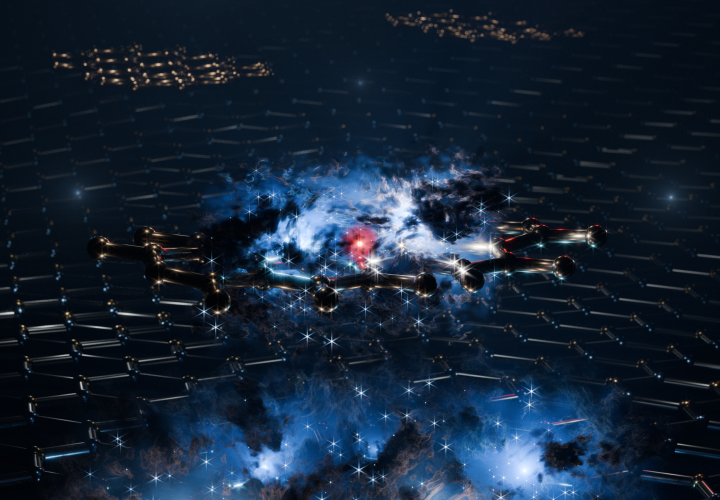
Hybrid excitons: combining the best of both worlds
Faster, more efficient, and more versatile – these are the expectations for the technology that will produce our energy and handle information in the future. But how can these expectations be met? A major breakthrough in physics has now been made by researchers who combined two highly promising types of material – organic semiconductors and two-dimensional semiconductors. Their findings hold promise for developing new technology such as the next generation of solar cells.
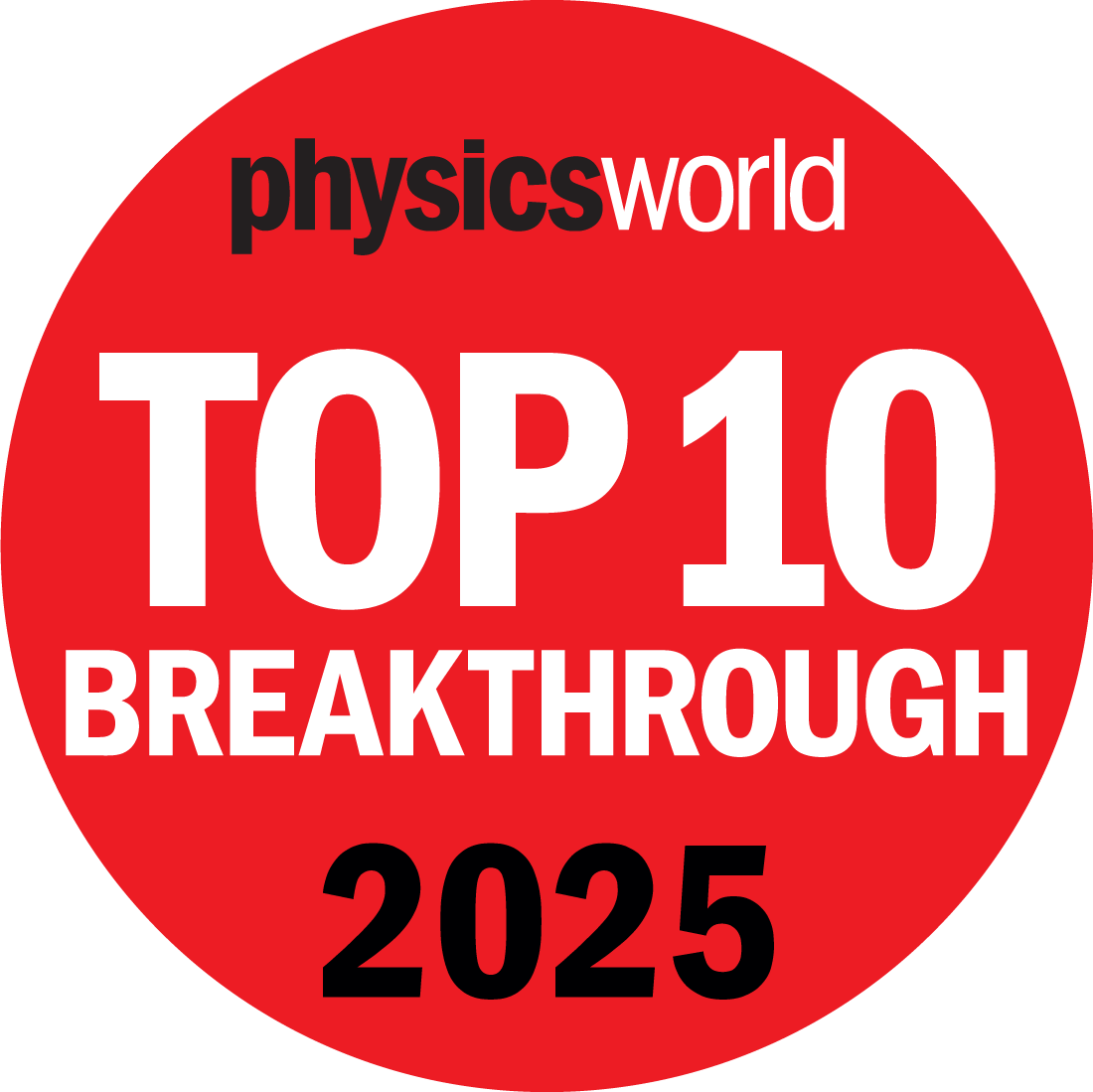
PhysicsWorld: Göttingen in top ten publications of the year
PhysicsWorld has included a publication by the University of Göttingen in its list of the ten most important breakthroughs of 2025. In January, an international research team led by the Institute for Astrophysics and Geophysics published research about the weather on the exoplanet “WASP-127b”. The discovery helps to better understand the atmospheres of planets outside our solar system.

European Tensor Network School 2025
The Institute for Theoretical Physics will host the European Tensor Network School 2025 (TENSOR25) from November 17 – 21, 2025. Tensor networks are the mathematical framework for state-of-the-art computational methods for quantum many-body systems and are widely used to study ground-state properties, nonequilibrium physics, and dynamical properties of strongly correlated systems in low dimensions. The theory of the methods is rooted in quantum information theory and the methods' further applications include solving partial differential equations, quantum computing, and quantum chemistry. The school takes place every year and is intended for doctoral students who are new to the field. About 70 participants from all over Europe will attend TENSOR25 in November 2025 at Pauliner church.
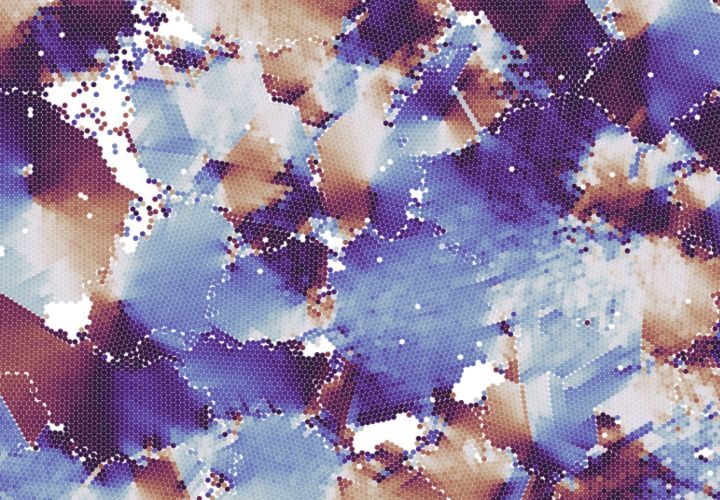
Funding for training and research in biological complexity
Complex biological systems are more than the sum of their parts – their properties emerge from the dynamic interaction of their components, such as molecules or cells. PhD researchers now have the opportunity to develop their own theoretical perspective on these systems as part of an international Doctoral Network. A European consortium initiated by researchers from the University of Göttingen, the Max Planck Institute for Dynamics and Self-Organization (MPI-DS), and the University of Edinburgh has been awarded €4.5M by Marie Skłodowska-Curie Actions to coordinate the network. The network consists of twelve European universities and research centres along with a number of partners outside academia.
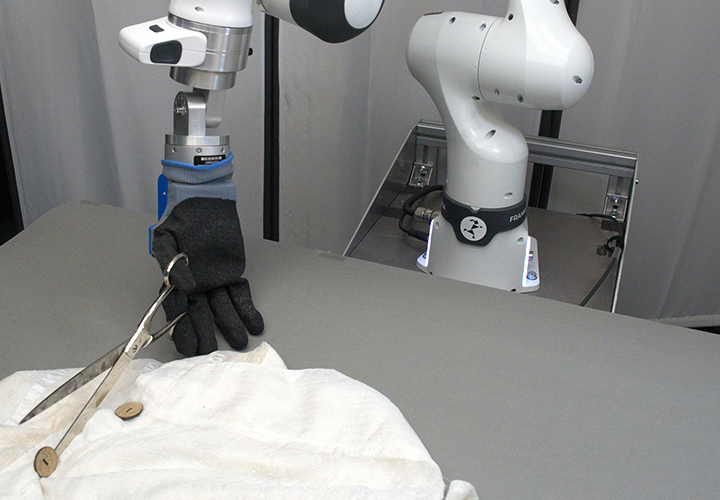
Making robots fit for the future of recycling
Recycling textiles, cables and other “soft” materials has always been a complex procedure. Automation plays an important role in finding more efficient ways of doing this work. However, materials like this pose a real challenge for robots because they are flexible, fiddly and come in a variety of forms, which makes their properties difficult to predict for any automation system. An international research team including the University of Göttingen now plans to develop versatile solutions for automating soft material recycling. The European Union has funded the “FlexCycle” project for four years with around 7.5 million euros as part of their “Green Deal” programme of funding.
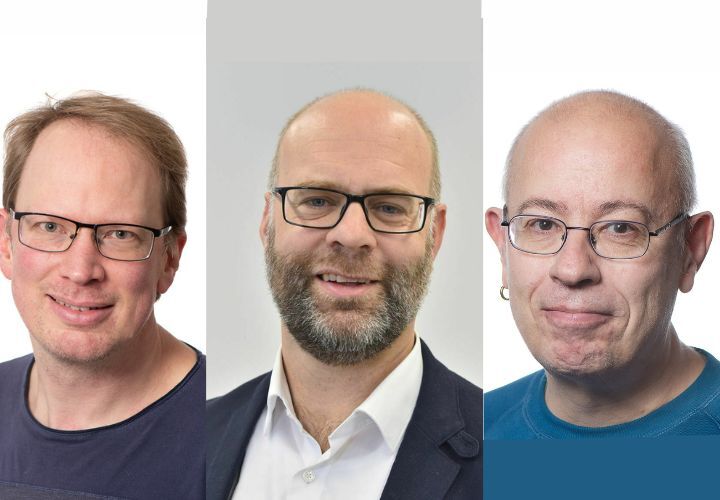
Three ERC Proof of Concept grants awarded to Göttingen University
University of Göttingen Professors – Lutz Ackermann, Timo Betz and Jörg Enderlein – have each been awarded Proof of Concept (PoC) grants by the European Research Council (ERC). These grants provide top-up funding of €150,000 over 18 months to outstanding researchers, who have already received ERC funding, so that they can build on the innovation potential of their findings. This enables Europe’s top scien-tists to develop initiatives that boost the economy and society.

Tutors wanted
For the winter semester 2025/26, we are again looking for HiWis and doctoral students who, for example, supervise exercise groups or internships as tutors. Numerous positions are advertised. Apply here.

Max-Born Seminar Series 2025
On the occasion of the International Year of Quantum Science of Technology 2025, the Institute of Theoretical Physics will run the Max-Born-Seminar Series 2025. Central results that are commemorated during the Quantum Year 2025 resulted from research conducted at ITP in the 1920s, with contributions from Werner Heisenberg, Max Born, and Pascual Jordan. In this seminar series, ITP invites distinguished international scientists to speak about the broad range of active research in quantum physics that is nowadays conducted. While quantum physics continues to be an important theme at ITP, its current research spectrum is broader. This development will be reflected in selected talks in this series on topics such as soft condensed matter, classical statistical physics and cosmology. The seminar talks will be announced here and are open to all interested researchers from the Physics department and Göttingen Campus.
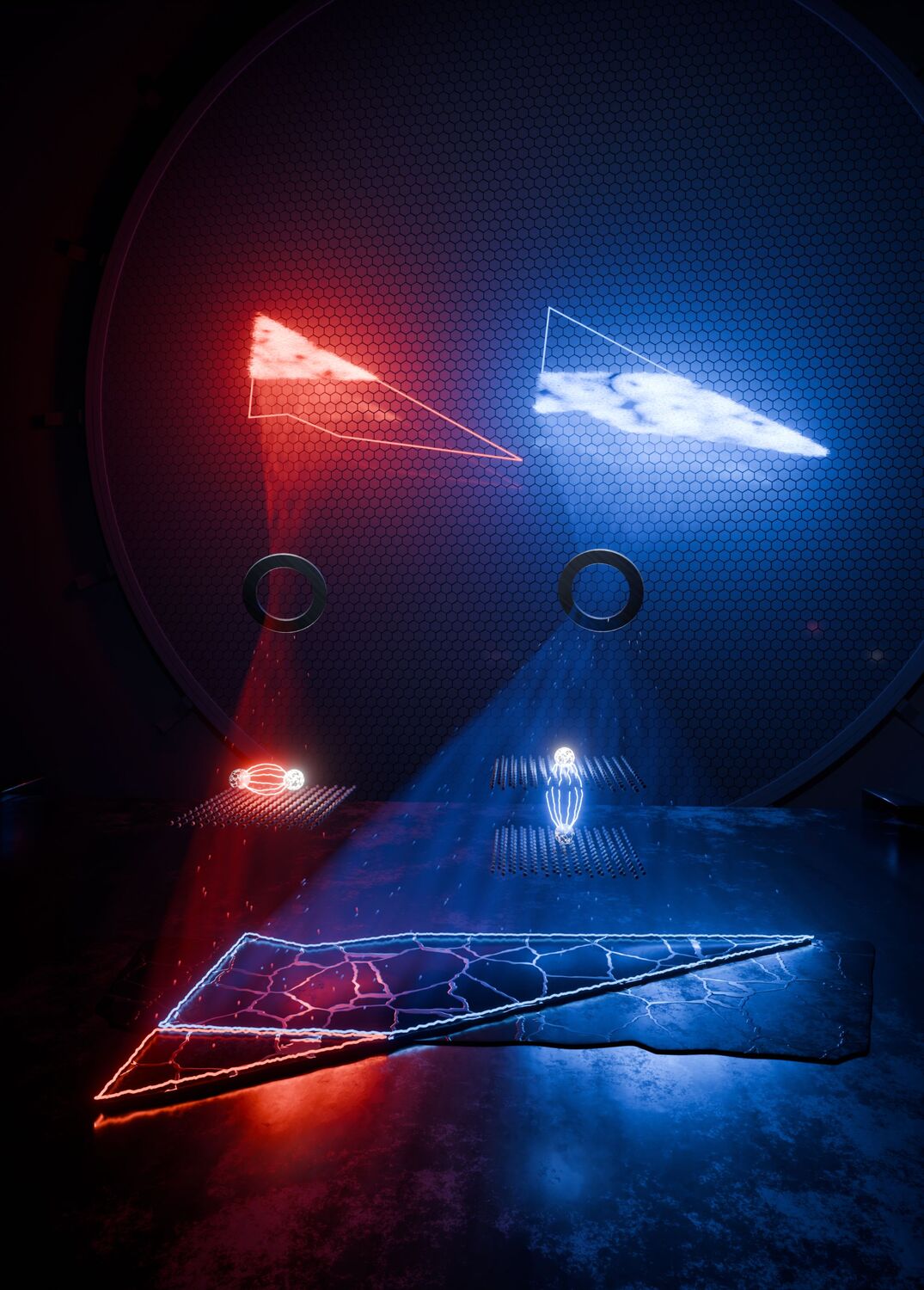
A look into the dark
An international research team led by the University of Göttingen has discovered extremely strong winds on the exoplanet “WASP-127b”. The winds along the equator of this planet can reach speeds of up to 33,000 kilometres per hour. These results help better understand the atmosphere of planets outside our solar system. How can the latest technology, such as solar cells, be improved? An international research team led by the University of Göttingen is helping to find answers to questions like this with a new technique. For the first time, the formation of tiny, difficult-to-detect particles – known as dark excitons – can be tracked precisely in time and space. These invisible carriers of energy will play a key role in future solar cells, LEDs and detectors. The results were published in Nature Photonics.
Events
Physics Colloquium
On Monday in lecture hall HS2.
Exhibitions
Faculty of Physics
Friedrich-Hund-Platz 1
Floor B.01, Room 102
D-37077 Göttingen
Tel. +49 (0)551 3924095
Fax +49 (0)551 3924583
dekanat@phys.uni-goettingen.de






